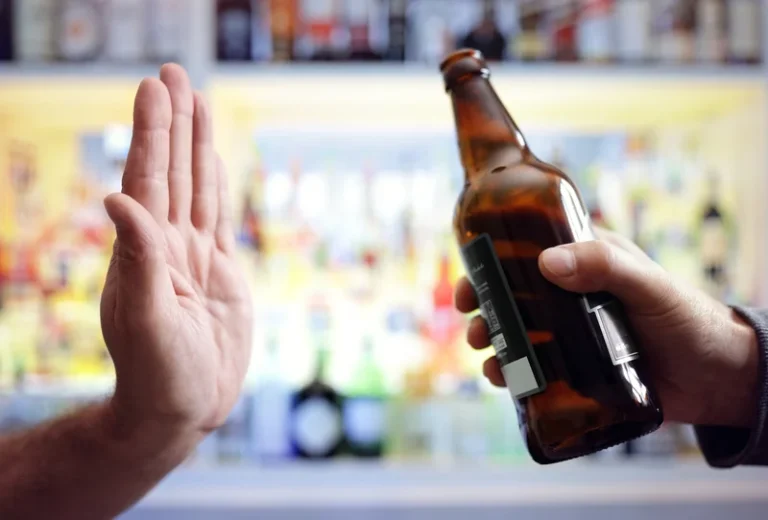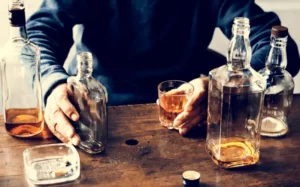Sober living
Relapse Prevention Plan: Techniques to Help You Stay on Track
While you can create a relapse prevention plan on your own, it may be helpful to walk through the process with someone who has knowledge of the topic like a substance abuse counselor. Relapse plans can be verbalized but may also be written in order to have a more clear outline of what steps to take should a relapse seem to be a possibility. One recent 2022 study revealed that trauma plays a significant role in relapse. The findings revealed that among the participants, 298 individuals (88.9 percent) had encountered childhood adversities, with 44.4 percent of them reporting more than five childhood traumas. Notably, relapse was observed in 40.9 percent of the participants, while an extended hospital stay was recorded in 71.1 percent of cases.
- Common post-acute withdrawal symptoms when recovering from addiction include insomnia and fatigue.
- The clinician will use a range of strategies to facilitate these activities.
- A person’s support system may also play an important role in recovery and the avoidance of relapse.
Manage withdrawal symptoms
- The practice of self-care during mind-body relaxation translates into self-care in the rest of life.
- Phasic responses include cognitive and affective processes that can fluctuate across time and contexts–such as urges/cravings, mood, or transient changes in outcome expectancies, self-efficacy, or motivation.
- Cravings occur because the human brain has remarkable powers of association.
- In patients who have experienced multiple relapses, the benefits and obstacles of perceived treatment are the main reasons that affect medication adherence.
- Clinical experience shows that when clients feel they cannot be completely honest, it is a sign of emotional relapse.
The study of implicit cognition and neurocognition in models of relapse would likely require integration of distal neurocognitive factors (e.g., baseline performance in cognitive tasks) in the context of treatment outcomes studies or EMA paradigms. Additionally, lab-based studies will be needed to capture dynamic processes involving cognitive/neurocognitive influences on lapse-related phenomena. Knowledge about the role of NA in drinking behavior has benefited from daily process studies in which participants provide regular reports of mood and drinking. Such studies have shown that both positive and negative moods show close temporal links to alcohol use [73]. One study [74] found evidence suggesting a feedback cycle of mood and drinking whereby elevated daily levels of NA predicted alcohol use, which in turn predicted spikes in NA. These findings were moderated by gender, social context, and time of week.

Nursing, Allied Health, and Interprofessional Team Interventions

Recovery is an opportunity for creating a life that is more fulfilling than what came before. Attention should focus on renewing old interests or developing new interests, changing negative thinking patterns, and developing new routines and friendship groups that relapse prevention were not linked to substance use. Experts in the recovery process believe that relapse is a process and that identifying its stages can help people take preventative action. When facing a relapse, it can be helpful to reinvest energy and time into support groups.
Outcome expectancies

Know who you will call first, what you will ask of them, and if you will attend a meeting or return to rehab. The more detailed this plan is, the more likely you will be to get yourself back on track quickly. Make sure the people included in your plan have the necessary knowledge should you need their assistance.
Your path to lasting recovery.
